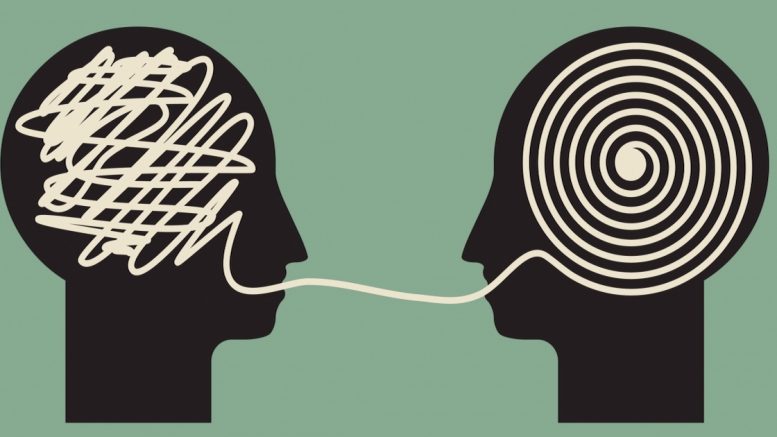Marshall Rosenberg, a clinical psychologist once highlighted how difficult it is to just “observe”. He shared the Indian philosopher J Krishnamurti’s remark that “observing without evaluating is the highest form of human intelligence. When I first read this statement, the thought, ‘What nonsense!’ shot through my mind before I realized that I had just made an evaluation.” These days we find people rushing to fix or give their opinion rather than just pausing to observe and understand.
What do we typically do when we are in the passenger seat of a car? Mostly, we are fiddling with our smartphones instead of just looking outside and observing. Observation leads to ideas, perhaps even a Eureka moment; Observation builds knowledge; Observation makes us curious and helps us learn. It may perhaps make us less dependent on Google Maps. Observation and listening with attention are perhaps the fundamental traits that we all need to make an effort to re-learn. In order to understand one person speaking to us, we need to process 60 bits of information per second* which is the normal human limit. This means we can barely understand two people talking to us at the same time, and three is impossible. Multi-taskers, please beware!

Have you noticed that when you make a list of everything that is on your mind, you feel more relaxed and better able to focus on your work? While this observation is based on neurology, it seems logical because being organized ensures that we are in control of the things going on. Modern life is complex with multiple responsibilities and limited time at our disposal. Thus being conscientious and organized has many advantages. It has been associated with better recovery outcomes from illnesses. Evidence has also suggested that as societies become more westernized and complex, conscientiousness becomes more and more important. And the processing capacity of the conscious mind is 120 bits per second. Wasn’t it 60 bits earlier? Yes, but if you follow your routines with a conscientious mind, you can easily double your capacity. This is based on research conducted by David Allen, the efficiency expert where the author calls “Note Taking”, clearing the mind. From the list of things to do – do that unpleasant thing first thing in the morning and you feel free for the rest of the day.

A person with an organized mind is prone to using statistics and understanding the importance of using statistics in arriving at a decision rather than on stories or news. You may want to recollect the blind and false WhatsApp forwards we tend to send as well as receive. This habit is more due to one’s inability to pause and observe. We are ready to jump without thinking and that’s where the problem lies.
Here I would like to introduce an interesting concept developed by the Psychologist -Paul Slovic called the Denominator neglect. He says that we imagine the numerator i.e. “the tragic story you saw on the news about a car accident and don’t think about the denominator – the overwhelming number of car trips that end safely”. Denominator neglect leads to a tendency to catastrophize, to imagine the worst possible scenario without placing it in proper statistical perspective. The vividness with which we can recall catastrophes, coupled with denominator neglect can lead to truly terrible decisions. For example in the few months following 9/11, 2170 more people died in car accidents during that period, than those who died in the twin towers.
There is this strange story of Steve Jobs who did not believe in science and medicine and opted for alternative therapy to cure his cancer. It is a bit baffling that someone as intelligent, educated and numbers driven like Jobs would not put his faith in a logical solution. Hence it is important to remember that at that point in life, when facing a difficult choice with the most serious consequences when we are scared, perplexed and frustrated, when life is actually on the line, we should put our faith in numbers.
In today’s world where information is flowing from everywhere, we are often faced with the dilemma of which information is credible and which is not. Now there are thousands of opinions; the correct ones are no more likely to be encountered than the incorrect ones. As the old saying goes; a man with one watch always knows what time it is; a man with two watches is never sure. We are now less sure of what we know and we don’t know. It is crucial that each of us takes responsibility for verifying the information we encounter; testing it and evaluating it. This is the skill we must teach the next generation; the capability to think clearly, completely, critically and creatively.

This blog is the third and the final one in a three part blog series titled: All We Need Is a Nudge. Source for insights and recommended reading: The Organized Mind by Daniel J Levitin.
‘* MIT Technology Review
The author is the founder of Nudge Sports (www.nudgesports.in) where we strive to build a strong sporting community by nudging the athlete to become not just a better player but a stronger and a socially conscious individual using top-notch mental conditioning programs. All our programs are developed by qualified and experienced sport and performance psychologists.






